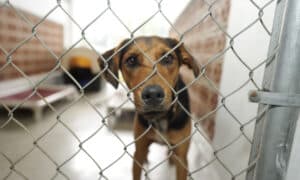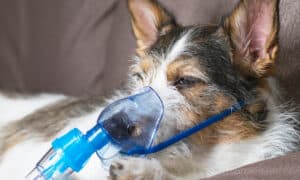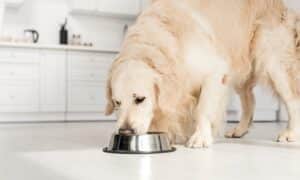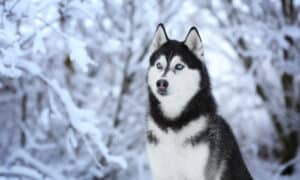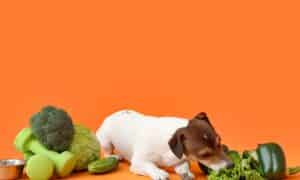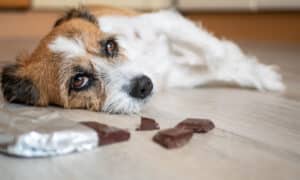“This post contains affiliate links, and I will be compensated if you make a purchase after clicking on my links.”
It’s hard for people to know how healthy their pet is, especially if they don’t know exactly what they’re looking for. The good news is, there are some fundamental ways to ensure your pet is feeling their absolute best!
Travis Brorsen, host of My Big Fat Pet Makeover series on Animal Planet and Founder/CEO of Greatest American Dog Trainers in NYC, has provided these top tips to help people make the right choices for their pet’s health and what to look out for.
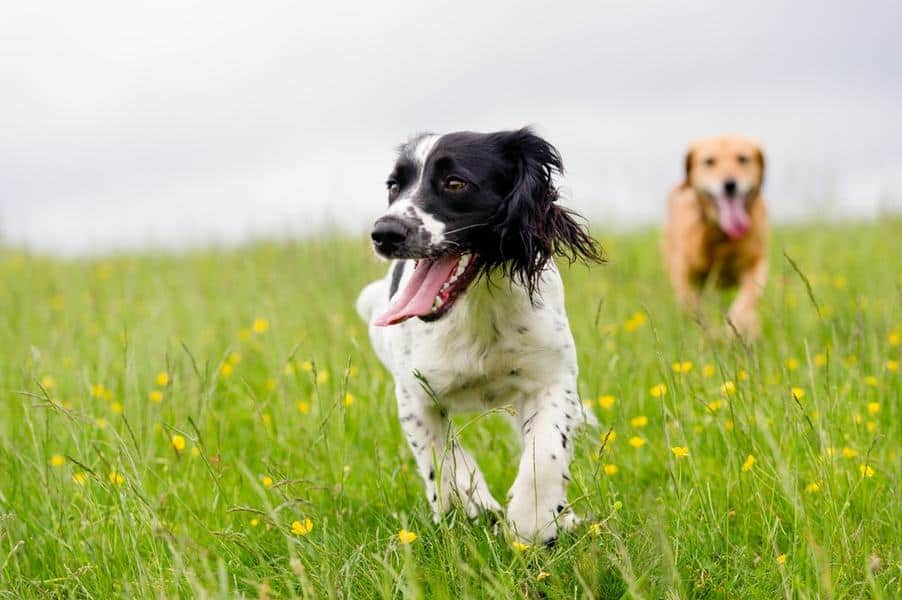
It’s hard to know how healthy your pet is if you don’t know what to look for, but there are some fundamental ways to ensure your pet is feeling their absolute best and eating the right things.
1. Check their energy level
This is a good determination of whether or not your pet is getting the right nutrients, and it is something that can help warn you if something may be causing underlying issues. Energy levels can vary based on the breed and the age of your pet; as pets age – like humans – energy levels tend to slow down.
You can tell if their diet is affecting your pet’s energy. Something to watch for is if they’re being overfed, as this is a common issue that directly affects your pet’s energy level. Inactivity can occur when your pet is overweight, causing them to be lethargic, sleep most of the day, and lack the desire to get up and move. It’s important to note that there may be another ailments going on inside of their bodies, so you should make sure to check with your vet to rule out any diseases, etc.
On the flip side of the spectrum, active, healthy pets are up early, excited to move about to be with you, to play, and enjoy activities that burn calories. Having a very active pet, for example, is a dog that obsesses about fetch and doesn’t stop until they fall over from exhaustion. These are more healthy actions that you can clearly see if you watch their behaviors and activities throughout a day.
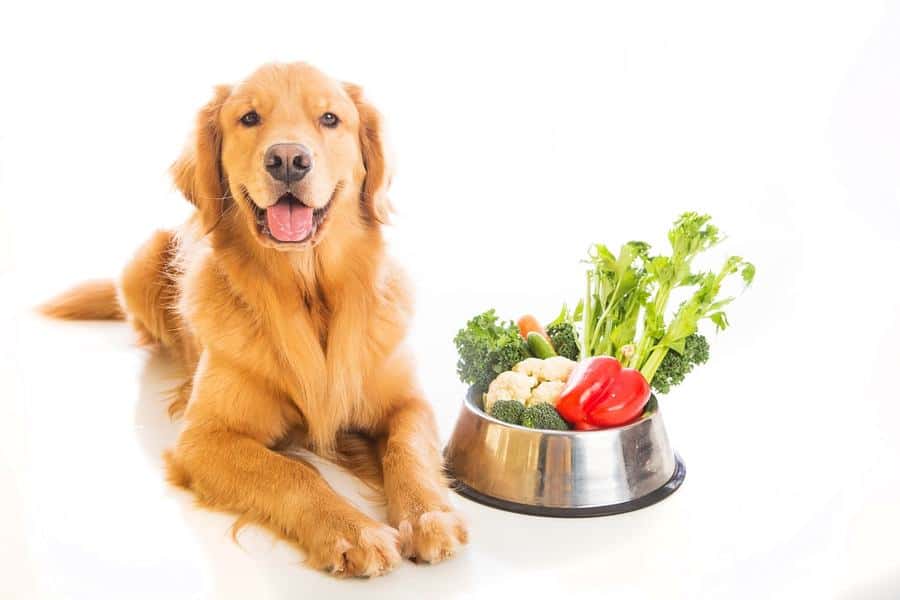
2. What’s in their diet?
Knowing which type of diet to feed your dog is essential as well. Many people have many questions on types of food, and what is best to feed them (as in a raw food diet, or feeding them wet vs. dry, etc.) and the truth is that there are pros and cons to all options.
Dry food is easy to keep on-hand as it can be kept in its original bag and stored in a cabinet or bin, which is more accessible than a wet or raw food diet. One huge pro from my experience is that dry food can be used for training your pet, so it acts as an extra incentive.
Wet food tends to have a stronger scent which is enticing and helps keep your pet hydrated. It can also be more comfortable to chew for dogs with jaw problems or any issues surrounding their mouth. It does have a shorter shelf life, however, as it has to be refrigerated once it’s opened. It also tends to be more expensive, usually providing smaller portion containers.
The good thing is a raw food diet allows you to control what’s included in your pet’s food and where the ingredients are from. You can more easily avoid foods that your dog might be allergic to, as processed foods can contain preservatives. You can get special diets created for your pet that can help them get to their optimum health by nutritional vet practices. The cons of going the raw food diet route are that natural foods can contain E. coli, Salmonella, Campylobacter and other bacteria that can be passed through the stool and cause human risks to elderly and young children, and some pathogens found in raw food can make dogs sick. And, be careful, bones can cause blockages, break their teeth, and can cause choking. A raw food diet can be more expensive and time-consuming so you have to ensure you have the time and energy to go this path for the long-term.
I encourage pet owners to first visit with their vet to educate themselves on all healthy possibilities. This will help you also explore the right vitamins and minerals needed for any nutritional deficiencies and what vets can provide you with special nutritional raw diet food plans.
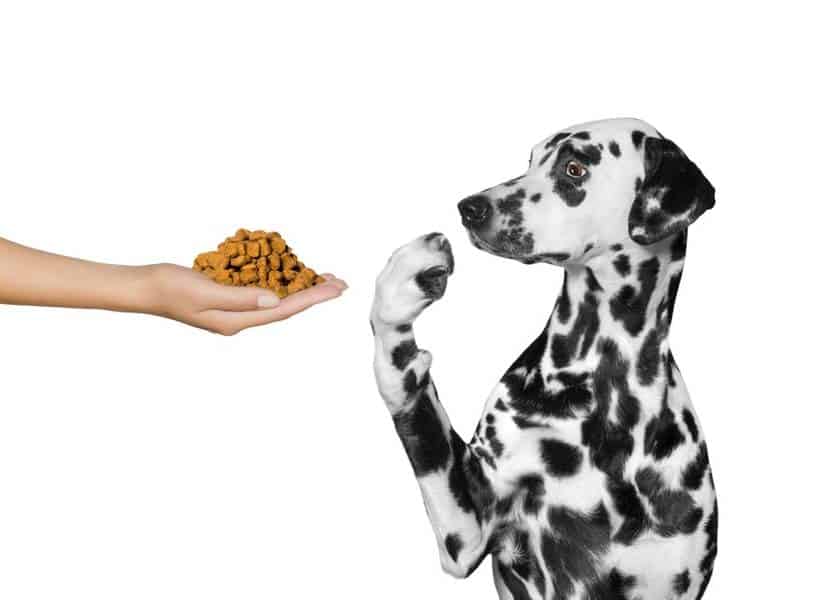
3. What to avoid
There are some things to be aware of in anything your pet is eating. There are three ingredients you want to avoid at all costs so check your food to make sure these ingredients are not included:
- Ethoxyquin is a preservative typically used to make rubber and pesticides.
- Meat byproduct is any part of the animal that was not approved for human consumption. It could include rotting tissue, cancerous innards, etc.
- Added colors like Red #40 and Blue #2 are in pet foods that I see on the shelf on a weekly basis and are very harmful to your pet’s health.
4. Foods for different breeds or ages
I want to be transparent and let you know upfront that breed-specific foods are more of a marketing gimmick than anything else. With that said, foods offered that are based on your dog’s stage of life (senior, active, etc.), ideal size and weight, and overall lifestyle needs are foods that you should look into.
Make sure that you feed your pet the right amount based on their ideal weight, and when you look at their total daily food intake, make sure to include all of the food that they eat (like bones for your dog, or just general treats, etc.) Overfeeding can cause your pet to become very uncomfortable and unhealthy as they have much smaller frames, and being overweight can lead to arthritis, UTI’s, liver disease, and even some forms of cancer. On a positive note, the right amount and type of food can be used for behavioral training, motivation to help them make good choices, and can enrich their lives so they can live longer, happier lives with their humans.
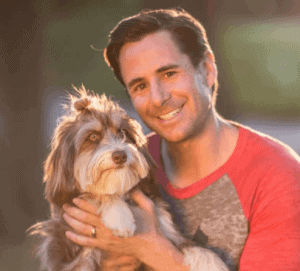
Travis Brorsen is one of the most sought-after dog trainers in America today. Travis is Founder and CEO of Greatest American Dog Trainers, and is Animal Planet’s pet expert and trainer, hosting the series, My Big Fat Pet Makeover. He is a regular contributor to both Dogster.com and DogingtonPost.com among other prominent platforms.
In 2008, Travis and his 14-month old, highly energetic and untrained boxer, Presley, won the grueling 12 week CBS’ national dog training competition, Greatest American Dog. Because of the show, Travis discovered he had a passion to help other dogs and their
owners create similar positive learning and relationship building experiences.
Today, Travis and his team of trainers specialize in basic and advanced obedience training utilizing positive reinforcement, dog health and fitness training, as well as correcting behavioral issues. They’re focused on helping pets become more holistically healthy and happy. For more information please go to www.greatestamericandogtrainers.com.



